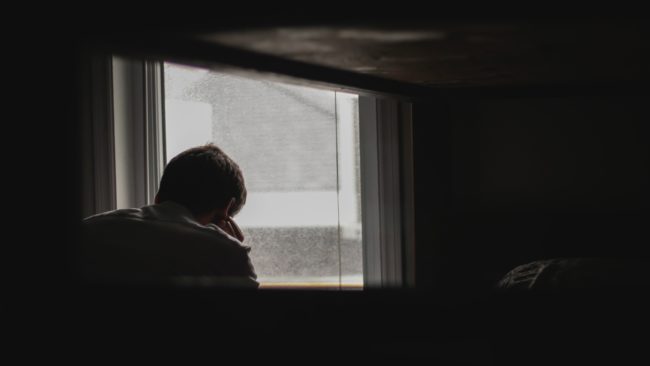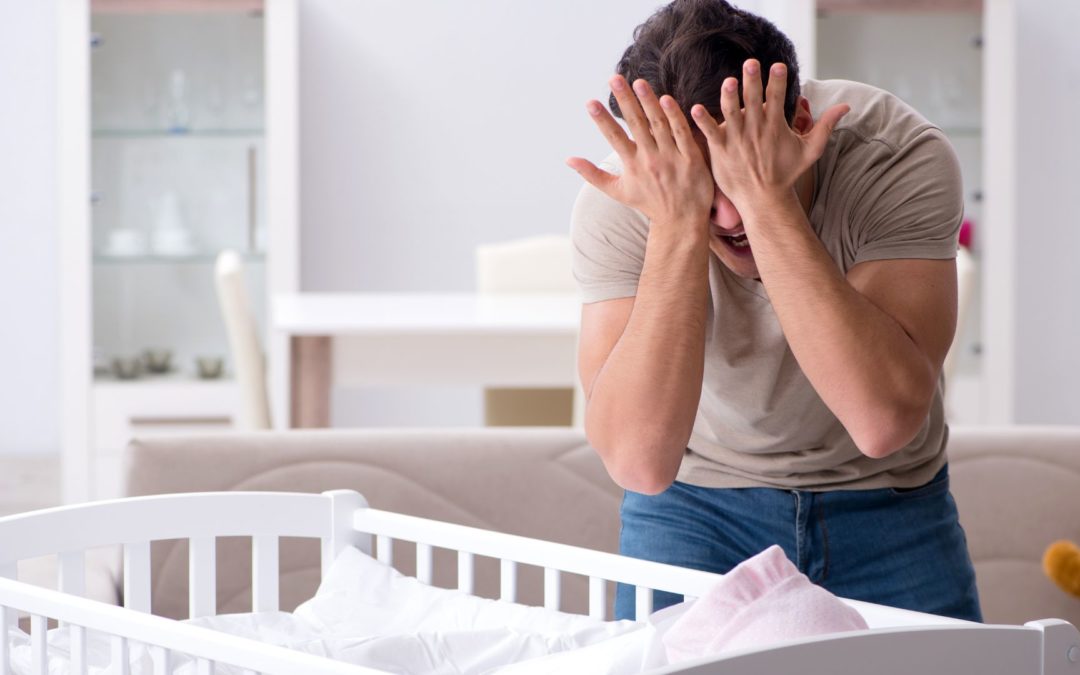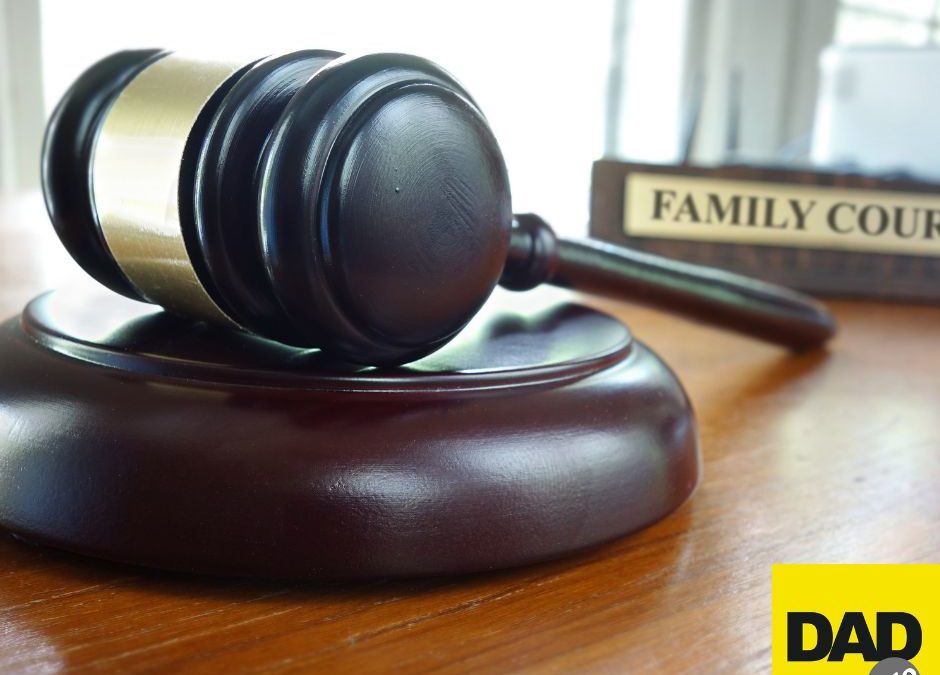
Domestic abuse is an issue that regularly finds itself in the headlines- usually because a case ends tragically.
There is often a perception that domestic abuse is perpetrated solely against women; however, 1 in 3 victims are male- around 757,000 per year on average.
One in 6 men will be a victim of domestic abuse, however men are far less likely to seek help and support.
The charity ManKind is hoping to gain awareness of the issue with its #MenYouAreNotAlone event today, 2nd November.
‘The latest research shows that there is very little change in the numbers of male victims being supported by services in their community,’ says Mark Brooks, Chairman of ManKind. ‘More are contacting anonymous helplines which is a welcome sign. However, far too many are not getting in contact, including dads.’
The facts
Of domestic abuse crimes committed recorded by the police, 26% have a male victim. However, only 4% of abuse victims being supported by authorities are men.
‘There are considerable barriers that men face even though they make up one in every three victims of domestic abuse in the UK,’ says Mark. ‘This ranges from society’s view that only women can be victims, the lack of targeted services and also men feeling too ashamed to come forward.’
61% of the men who call the ManKind Initiative helpline have never spoken to anyone before about the abuse they are suffering. 64% say they would not have called if the helpline was not anonymous.
The type of abuse that men can suffer includes:
- physical violence
- sexual abuse
- psychological abuse
- financial abuse
- coercive control
For a full, in-depth breakdown of these types of abuse and examples, visit the ManKind website.
‘Broadly speaking, the same types of domestic abuse that affect women also affect men too,’ explains Mark. ‘It is often a myth that there is a big difference when there is not.’
Half of male victims (49%) fail to tell anyone they are a victim of domestic abuse and are two and a half times less likely to tell anyone than female victims (19%).
On average, 12 men per year are killed by their partner in the UK.
The need for awareness and to speak up
‘The numbers of men starting to come forward for help has been increasing albeit slowly and not quickly enough – far too many are not aware what is happening to them is domestic abuse and too many do not know here to turn to,’ says Mark. ‘We need a real sea change in attitude with more services and better awareness too. Male victims are far too invisible because there remains a problem in society and in politics about talking about male vulnerability.’
In addition, male victims of domestic abuse are officially classed by the UK government as being a victim of violence against women and girls- such is the current lack of provision for men.
Mankind’s Stand With Him campaign hopes to encourage men to come forward and for there to be better support for male victims in local services.
What you can do if you are a victim
If you are considering whether you may be a victim of domestic abuse, remember that it’s normal for the abuse not to be obvious. Abuse victims are often under psychological control which can make their relationship feel confusing. Head to the ManKind website’s description of abuse for more helpful information, or call 01823 334244 for confidential advice. Always call 999 if you are in danger.
‘Know that it isn’t your fault,’ says Debbie Pattison, Digital Counselling Manager for Fegans. ‘Healthy relationships are not like this. You shouldn’t feel that you are being controlled, unable to make your own decisions or feel scared, intimidated or threatened.
‘The first step to protecting yourself and stopping the abuse is the reach out. Talk to a friend, family member or someone else you trust. Admitting the problem and seeking help does not mean that you have failed as a man or as a husband.’
Steps to take if you are being abused
- Leave the relationship, if you can
- Ensure you keep a diary of events/ abuse, including photos of any injuries, screen shots of abusive messages etc
- Tell others
- Report incidents to your GP
- Keep your diary of events and your phone to hand
- Make a safety plan including a route out of the home, where to go in an emergency, what important items and documents to take, the nearest support service, steps to ensure you aren’t traced
- Do not retaliate
- Report incidents to the police. They will believe you and take you seriously. Ask for a reference number for each incident and keep a log in a safe place
- Your safety is the most important thing. Call 999 if you are in danger.
What to do if you suspect a friend or relative may be being abused
If you suspect a male or female friend or relative is being abused, there are a number of signs to look out for. They may include changes in:
- behaviour or demeanour
- physical appearance and clothing- they may have physical injuries or wear inappropriate clothing (eg long sleeves in summer), or look unwell
- contact pattern- they may be being restricted from seeing others by their partner
- work behaviour
Psychological abuse can be just as damaging as physical abuse, and may be less obvious.
If you are at all concerned, contact Mankind on 01823 334244 and they can listen and advise, or take a look at their advice on helping others.
Further resources and help
Dads Advocates Domestic Abuse Help
Home Office Guide on How to Get Help
For more information and the source of these statistics go to: www.mankind.org.uk









